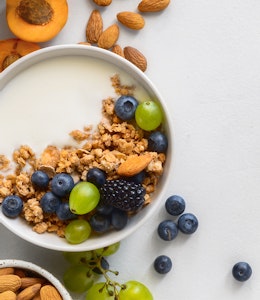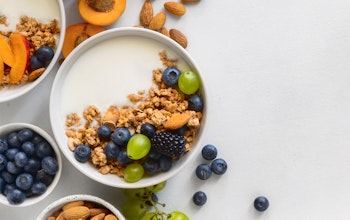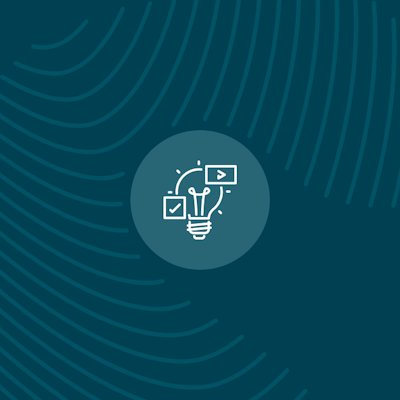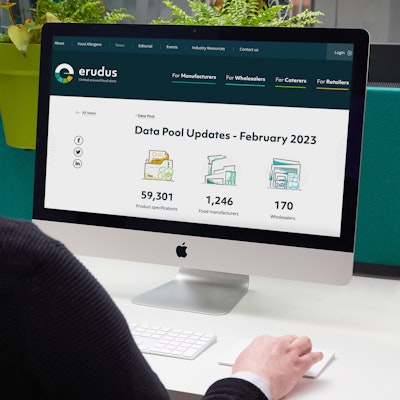How much caffeine can you have a day?
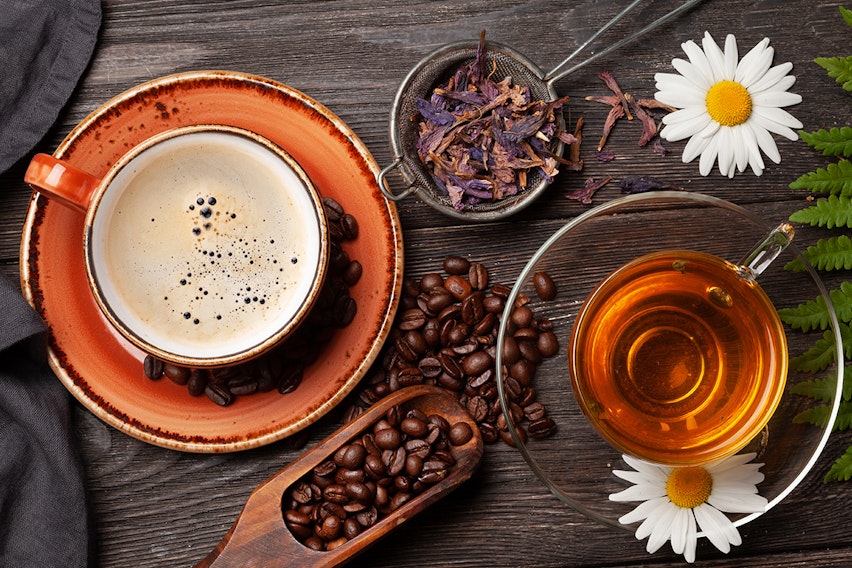
Last month the Food Standards Agency (FSA) and Food Standards Scotland (FSS) issued advice for consumers to be mindful of caffeine intake. On this occasion they referred specifically to food supplements, with the guidance following a case in the UK where a person died after miscalculating the amount of caffeine powder he was meant to use. However, because it’s important to calculate supplements with caffeine alongside other sources of caffeine in your diet, we thought it was a good time to put together this refresher on caffeine, what it is, how much should be consumed during a day, and the foods and drinks it can be found in…
Here’s the big questions about caffeine:
- What is caffeine?
- How much caffeine can you have a day?
- What foods contain caffeine?
- Can pregnant women have caffeine?
- What are the side effects of caffeine?
- What drink has the most caffeine?
- Is caffeine a drug?
- Who should avoid caffeine?
- Is caffeine bad for you?
- What’s an alternative to caffeine?
Now let’s find out the answers...
What is caffeine?
Caffeine is a naturally occurring drug and alkaloid found in certain plants (notably coffee and tea plants).
Classed as a psychoactive substance and stimulant, caffeine affects the nervous system and the brain, increasing activity in those areas and boosting the circulation of hormones like cortisol and adrenaline.
Many people consume caffeine daily, through foods and drinks such as coffee, tea, energy drinks, cola and chocolate, as well as through supplements and tablets.
Tolerance to caffeine varies from individual to individual, and those with food sensitivities may find the effects of caffeine especially noticeable - though it is possible for someone to build up a tolerance to caffeine to the point where more and more is needed to achieve the same effect.
How much caffeine can you have a day?
Whilst for most people it is safe to consume caffeine every day, the NHS recommend capping caffeine intake at 400mg a day, with a single serving not exceeding 200mg (this might be a large, strong coffee or a 500ml can of some energy drinks).
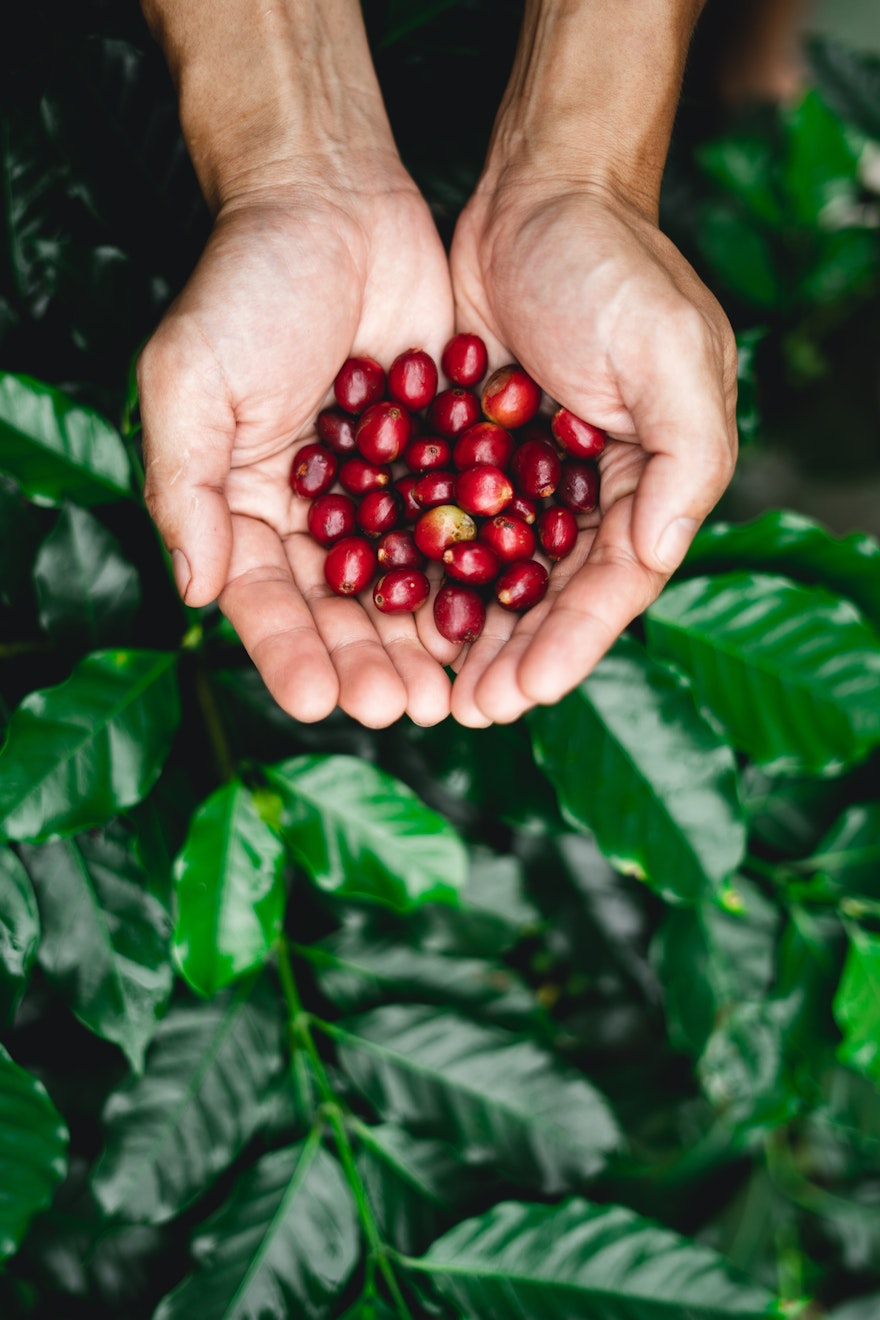
In the UK, pregnant and breastfeeding women are advised to limit their daily caffeine intake to 200mg a day, and for children and adolescents, it is recommended to be cautious when it comes to caffeine consumption - with the safe daily intake calculated by body weight, to the ratio 3mg per kg.
What foods contain caffeine?
It is well known that drinks such as tea, coffee and cola contain caffeine, but it can also be found in foods too - notably chocolate.
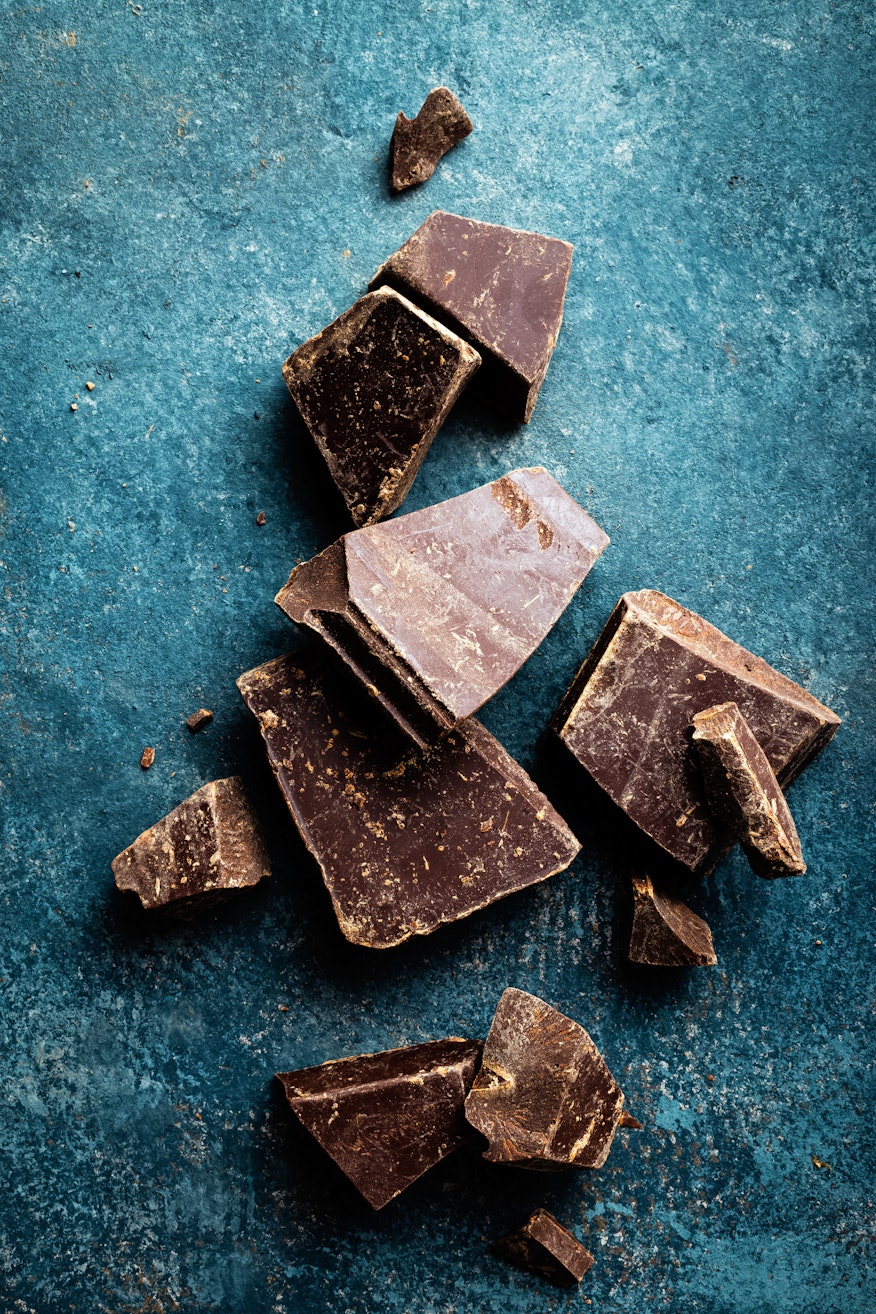
This is because cocoa and cacao, which chocolate is made from, naturally contain caffeine, and therefore chocolate with a high cocoa content has more caffeine than that which is blended with other ingredients such as milk. A 100g bar of chocolate made with pure cocoa (100%) will contain around 240mg of caffeine (more than the average cup of coffee), whereas milk chocolate (with around 33% cocoa) will be much lower at 45mg.
The West African kola nut, and the South American Guaraná plant (frequently added to drinks and confectionery) are also natural sources of caffeine, whilst on the unnatural side, caffeine is added to many varieties of chewing gum.
Foods that count tea or coffee among their ingredients - such as tiramisu, coffee cake and several types of ice cream, will also contain caffeine.
Can pregnant women have caffeine?
Yes, pregnant women can safely consume caffeine in moderation. In the UK they are advised not to exceed more than 200mg of caffeine per day.
What are the side effects of caffeine?
Caffeine stimulates both the brain and the nervous system and consequently triggers symptoms that can be considered both positive and negative, such as increased energy and concentration, excitability, increased heart rate and keeping you awake.
People frequently drink caffeine for a mood boost and stop them feeling sleepy and sluggish. However, caffeine can also have some universally adverse effects, such as dehydration, headaches, dizziness, heart palpitations, anxiety and irritability.
The intensity of caffeine’s side effects depends on the quantity of caffeine consumed and other factors such as personal sensitivity, height and weight, and because it is a substance quickly absorbed into the bloodstream these effects should be felt within 5 and 30 minutes of consumption.
What drink has the most caffeine?
Coffee has more caffeine than tea, and coffee made from espresso or ground coffee (such as filter coffee) has more caffeine than instant coffee. A strong filter coffee or Americano might contain over 100mg caffeine in an 8oz serving. Energy drinks also tend to have a high caffeine content, but it depends on the particular brand and variety, as well as the size of the can. An 8oz can of energy drink might contain as little 80mg caffeine, whilst a 16oz can contain close to 200mg.
Energy drinks are a beverage that have gained mass popularity over the past decade, and though similar to soft drinks they contain higher amounts of caffeine, as well as other chemicals such as taurine. They are marketed as providing the consumer with an energy boost, both mentally and physically, but are not to be confused with “sports drinks”, which are designed to replace the electrolytes lost during exercise. Depending on the size of the serving, energy drinks can contain up to 200mg caffeine - for context a can of energy drink will likely contain double the amount of caffeine in the same sized can of cola. It is advised that consumers check the labels of energy drinks to confirm the caffeine content. The British Soft Drinks Association has a voluntary Code of Practice on energy drinks, which suggests that the term 'Consume Moderately' (or similar words) should be included on the label and that such products should not be promoted or marketed to those under 16 years of age.
Is caffeine a drug?
Caffeine is considered to be a drug, and stimulates activity within the brain and nervous system. Caffeine can be addictive, likely owing to a “specific neuropharmacological mechanism” in the dopamine release.
“ The Food Information (assimilated Regulation (EU) 1169/2011) requires specific labelling for high caffeine drinks and foods where caffeine has been added for a physiological effect. This labelling helps consumers to identify foods with high caffeine content in those products where they may not expect to find it. Drinks that contain caffeine from whatever source at a level over 150mg per litre (mg/l) must state: ‘High caffeine content. Not recommended for children or pregnant or breast-feeding women’. This must be in the same field of vision as the name of the product, along with the amount of caffeine expressed in mg per 100ml. The above labelling rules do not apply to foods (including drinks) where caffeine is added for flavour rather than for a physiological purpose. These types of foods and drinks must comply with flavouring legislation ( assimilated Regulation (EU) 1334/2008). This limits the use of caffeine for flavouring purposes and sets maximum levels depending on the particular food or drink it is used in. For regular soft drinks like cola, the maximum amount of added caffeine permitted is 150 mg/l. The labelling legislation (assimilated Regulation (EU) 1169/2011) requires that where caffeine is used as a flavouring, the term ‘caffeine’ must appear after the word ‘flavouring(s)’ in the list of ingredients.”
Who should avoid caffeine?
Most people can consume caffeine in moderation, and do not need to avoid it entirely - however, babies and small children should not consume caffeine, and older children should not exceed an amount in a day that exceeds 3mg per every kg of their body weight.
Pregnant and breastfeeding women are advised in the UK to consume no more than 200mg caffeine daily, and some women trying to conceive also choose to subscribe to these guidelines.
Since caffeine can agitate diarrhoea, those with IBS (Irritable Bowel Syndrome) may wish to be wary of over-consuming caffeine, and as it affects the use of sugar in the body it can also irritate those with diabetes.
Since caffeine is a stimulant, and one of the side effects is helping you stay awake, everyone should avoid caffeine from around 4 hours before going to bed - if they want a good night’s sleep.
Those who are sensitive to caffeine should avoid it even earlier.
Is caffeine bad for you?
In moderation caffeine is not bad for you, but it can have some unpleasant side effects if too large an amount is consumed - namely anxiety, headaches, irritability, chest pain, insomnia and heart palpitations.
Very high doses of caffeine can be dangerous, and even fatal, with extreme caution advised around powdered caffeine - a teaspoon of which can contain the equivalent strength of over 25 cups of coffee.
What’s an alternative to caffeine?
Caffeine is usually consumed for its stimulating and energy-giving properties, so any alternatives usually contain those same properties. These alternatives and substitutes include other drinks - chicory root coffee and rooibos tea in place of regular tea and coffee, food - carob in place of chocolate, and vitamin/mineral supplements - magnesium and B12, which both fight tiredness and fatigue.
You can see the FSA’s guidance on caffeine in food supplements here.
You may also be interested in…
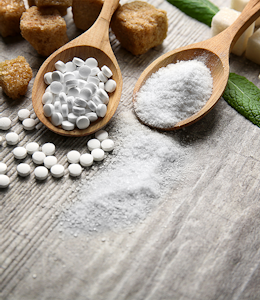
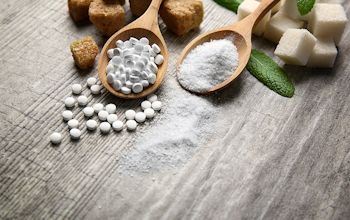
You may also be interested in…
What you need to know about Additives
ReadYou may also be interested in…
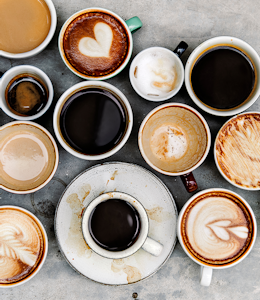
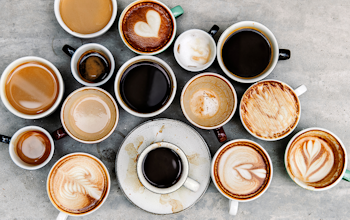
You may also be interested in…
